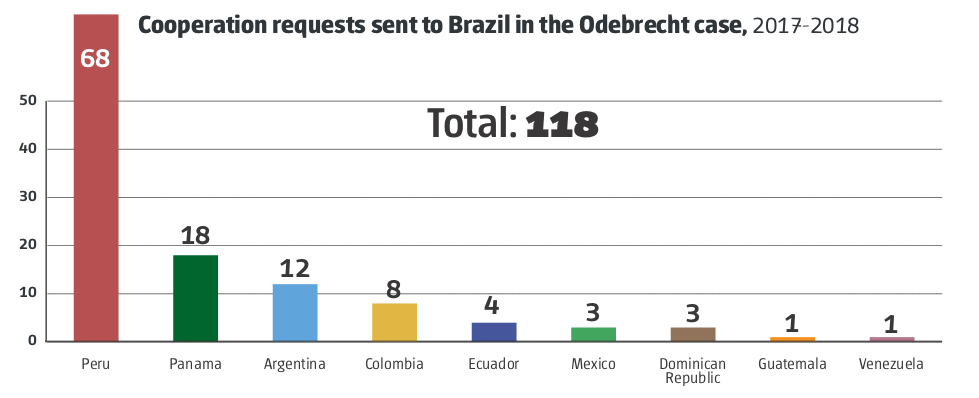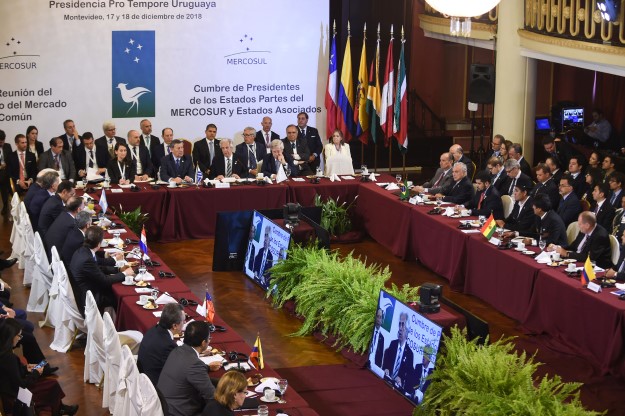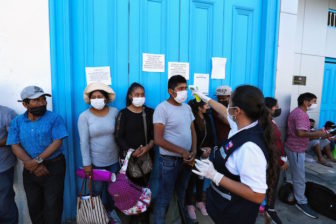This article is adapted from AQ’s latest issue on Latin America’s anti-corruption movement.
It is hard to overstate the importance of international collaboration for investigating corruption in Latin America. Simply put, operations like Brazil’s Lava Jato would probably not have existed without the information and technical assistance provided by the U.S. or Switzerland—in particular, the sharing of intelligence on financial crimes.
Yet as complex corruption investigations continue to progress in the region, law enforcement agents are increasingly exploring a new frontier for collaboration. In addition to the channels with partners overseas such as the Department of Justice in the U.S. or the Swiss Attorney General’s Office, Latin American countries are establishing stronger and more innovative mechanisms to help each other collect intelligence, prosecute and seize suspects and assets.
The most conspicuous case of growing intra-regional cooperation is the Odebrecht investigation. In Peru, for instance, the accusations against senior political figures are largely based on information provided by Brazil’s Public Ministry through a mechanism established in February 2017. Other countries—like Panama, Argentina and Colombia—have similar information-sharing agreements, but Peru leads by far the number of requests for cooperation to Brazilian authorities (see chart). Also, Peruvian investigators have been flying from Lima to cities like Curitiba and Salvador to personally conduct hearings with Odebrecht executives.
 SOURCE: Transparency International and JOTA
SOURCE: Transparency International and JOTA
But there are also cases of pioneering intra-regional cooperation outside the Lava Jato context. In December, the four founding members of Mercosur (Argentina, Brazil, Paraguay and Uruguay) ratified a framework for sharing assets seized from transnational organized crime, including corruption. The agreement stipulates procedural rules and criteria for the division of recovered funds. In April, following the arrest of a high-profile Argentine union leader in Uruguay, the two neighboring countries took an additional step, establishing a bilateral agreement with detailed rules for asset seizure and recovery. In practice, the process will become easier and faster. Argentina’s Financial Information Unit also believes the agreement will create a deterrent effect for criminals seeking refuge across the La Plata River.
Similar bilateral and multilateral mechanisms are likely to pop up elsewhere in Latin America. Alone, these new agreements will not make a difference—countries will still need political will and domestic resources to investigate. But it is a positive trend, providing Latin America with better instruments for anti-corruption enforcement.
—
Simon is director of the Anti-Corruption Working Group and politics editor at AQ. Sweigart is a policy consultant for AQ.









